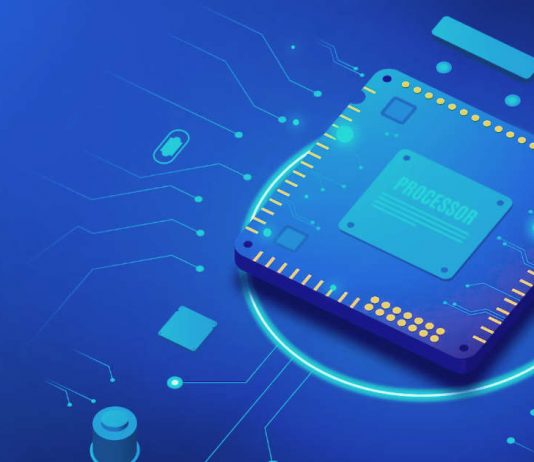Samsung, Ericsson, IBM, and Intel have formed a partnership with the National Science Foundation (NSF) to research and develop the next generation of chips.
The NSF will provide $50 million to the cooperation as part of the Future of Semiconductors project. The four companies will work with the NSF on chip development aspects such as device performance, chip and system level, recyclability, environmental impact, and manufacturability.
According to NSF Director Sethuraman Panchanathan, “future semiconductors and microelectronics require research spanning materials, devices, and systems, and the involvement of industry and academic experts.” The NSF funding of $50 million will be used to “inform research needs, encourage innovation, accelerate time-to-market, and prepare the workforce for the future.”
The partnership is part of the NSF’s FuSe Teaming Grants programme, which aims to enhance computer technologies through collaborative development while lowering the cost of application. A co-designed approach, based on the Foundation, may lead to the creation of high-performance, robust, safe, compact, energy-efficient, and cost-effective solutions.
When these collaborations for next-generation computing technology are available in the consumer and corporate industries is uncertain. However, the collaboration between these tech giants and the NSF has enormous potential for boosting chip and microelectronics development. To achieve that aim, the NSF intends to build a coalition of researchers from the scientific and engineering sectors.


